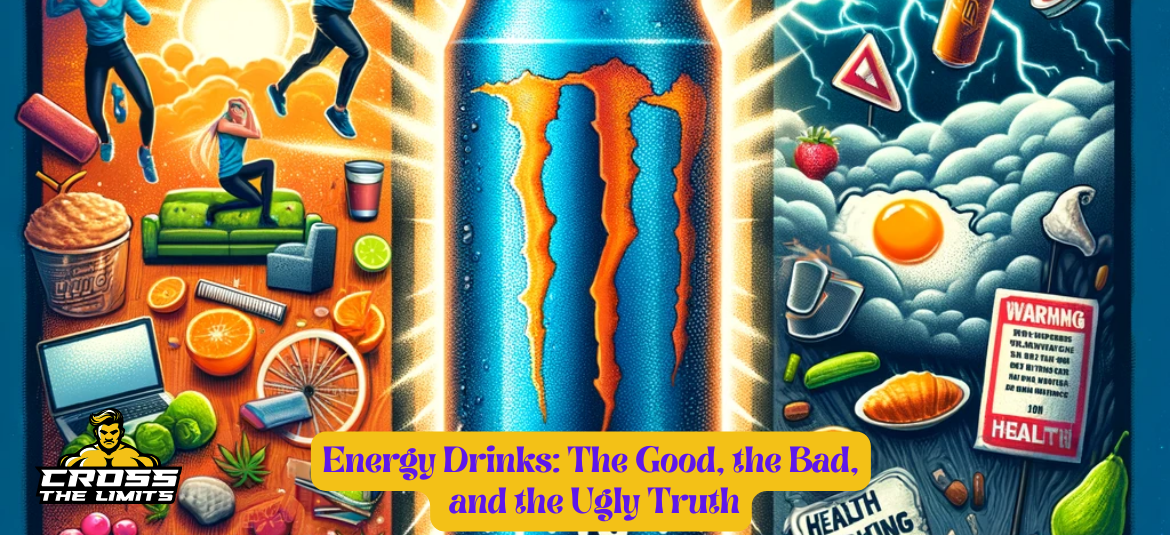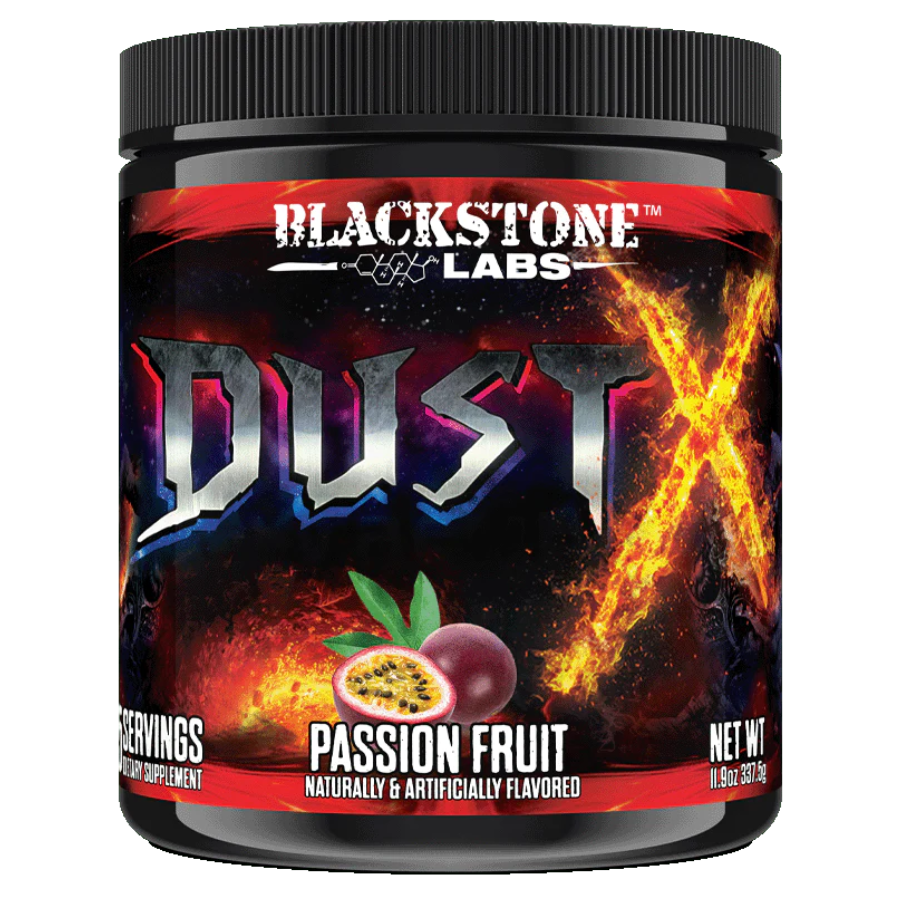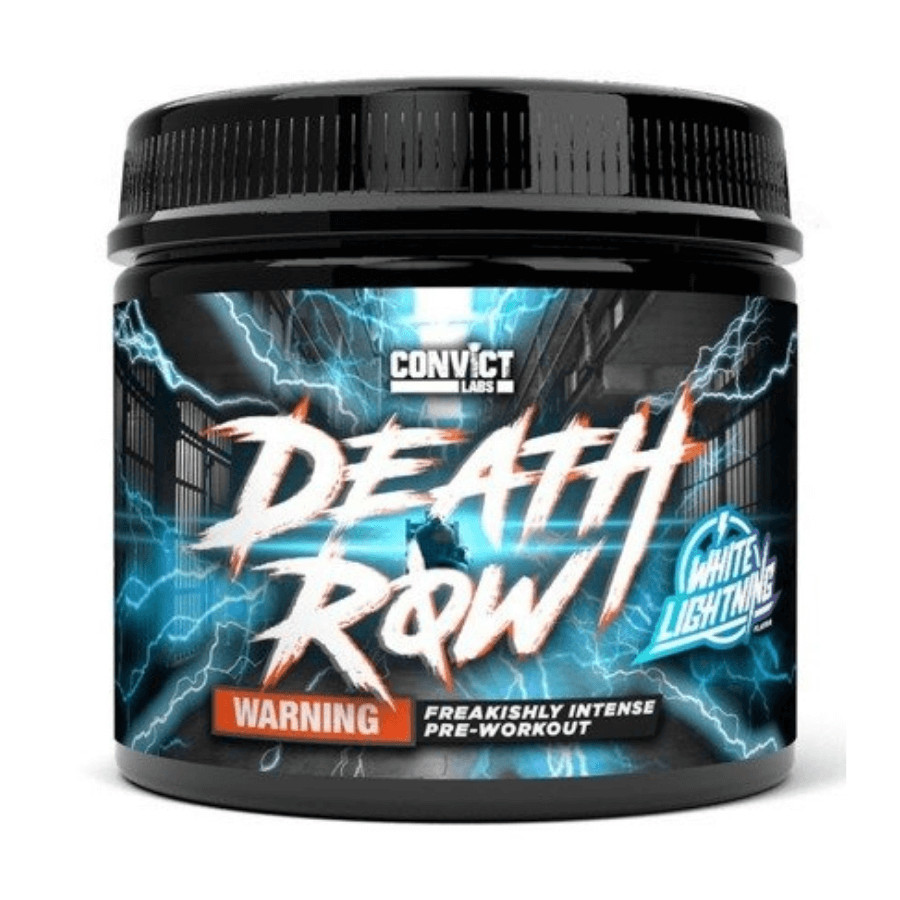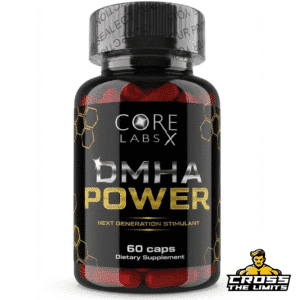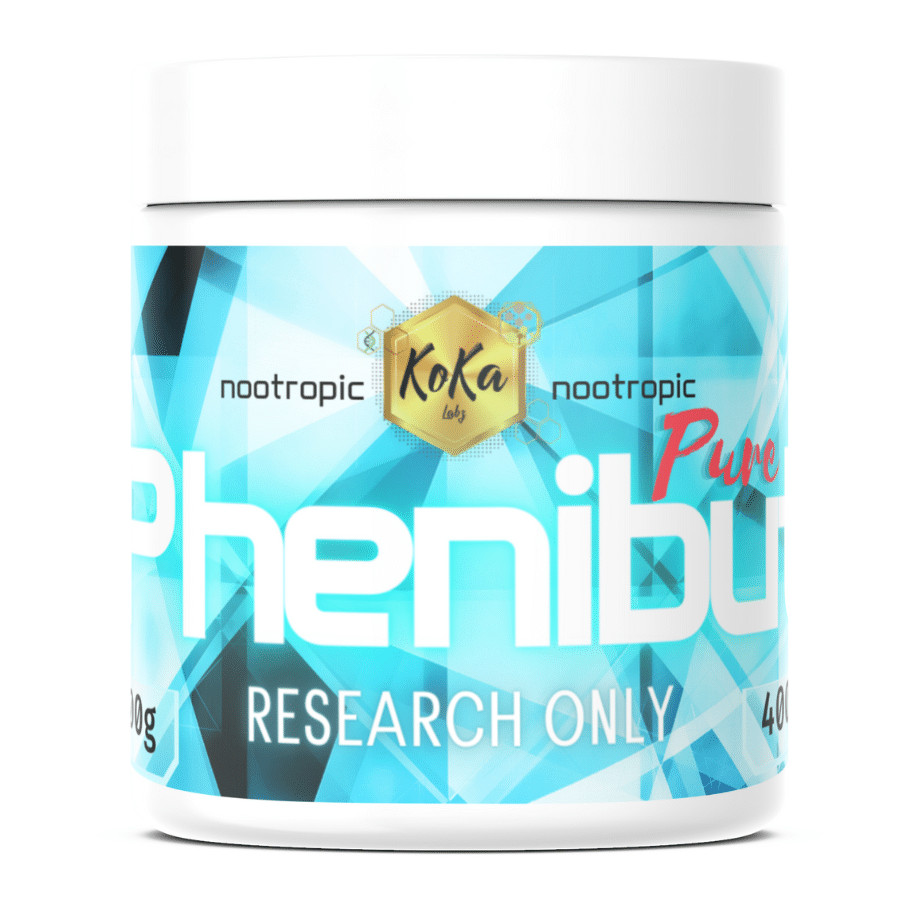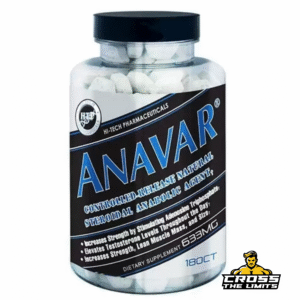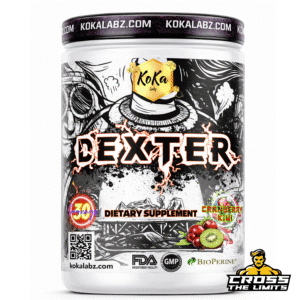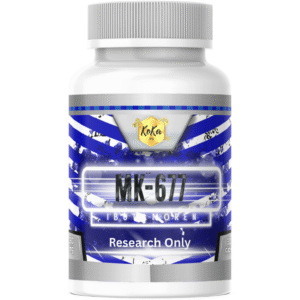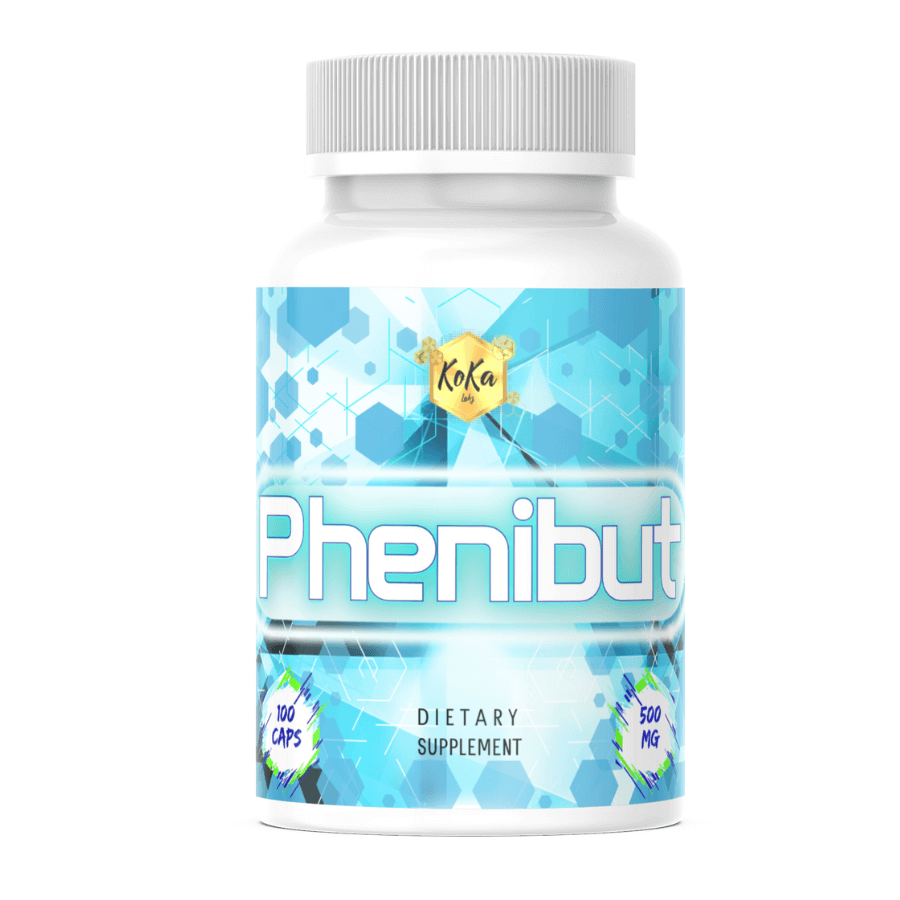Energy drinks are beverages designed to boost energy and alertness quickly. They typically contain high caffeine, sugar, and other stimulants such as taurine and guarana. These drinks are marketed to increase energy, improve focus, and enhance physical performance. They are often consumed by individuals who need a quick pick-me-up, such as students studying for exams, athletes before a workout, or professionals working long hours. Energy drinks come in various flavours and are widely available in convenience stores, supermarkets, and vending machines.
-
Add
AFTERDARK VOID – HIGH-STIM PRE-WORKOUT (21 SERVINGS)
£41.55 £47.06Out of stockAlpha Neon Darkside Ultima Pre-workout 600g
£20.80 £41.49AddOut of stockOut of stockAddOut of stockBadass Labz The Russian Power Pre-Workout 25 Servings
£50.08 £55.94AddOut of stockBlackStone Labs Dust X Pre-Workout 25 servings
£39.53 £46.74AddAddAddAddProduct no longer in sale
Check our bestsellersEnergy drinks are not to be confused with sports drinks, designed to replenish electrolytes and hydrate the body during physical activity. While sports drinks may also contain caffeine and sugar, they are primarily intended for rehydration rather than providing a quick energy boost. On the other hand, energy drinks are specifically formulated to increase energy and mental alertness rapidly.
The Good: Benefits of Energy Drinks
Despite the controversy surrounding energy drinks, some potential benefits exist to consuming them in moderation. The primary benefit of energy drinks is their ability to provide a quick burst of energy and mental alertness. This can be particularly useful for individuals who must stay awake and focused during long work or study periods. Additionally, caffeine and other stimulants in energy drinks can improve physical performance by increasing endurance and reducing perceived exertion during exercise.
Another potential benefit of energy drinks is their convenience. Unlike coffee or tea, which require time to brew and may not be readily available, energy drinks can be quickly consumed on the go. This makes them a popular choice for individuals who lead busy lifestyles and need a convenient way to boost their energy levels. Some energy drinks contain added vitamins and minerals, which can contribute to overall health and well-being when consumed as part of a balanced diet.
The Bad: Risks and Side Effects of Energy Drinks
While energy drinks may offer some benefits, they also have various potential risks and side effects. One of the most well-known risks of energy drinks is their high caffeine content. Many energy drinks contain significantly more caffeine than a standard cup of coffee, which can lead to caffeine overdose if consumed in excess. Symptoms of caffeine overdose can include rapid heartbeat, anxiety, insomnia, and even more severe health issues such as seizures or cardiac arrest.
In addition to caffeine, energy drinks often contain high levels of sugar, which can contribute to weight gain, tooth decay, and an increased risk of chronic diseases such as diabetes and heart disease. The combination of caffeine and sugar in energy drinks can also lead to a crash in energy levels once the initial effects wear off, leaving individuals feeling even more tired.
Furthermore, the other stimulants found in energy drinks, such as taurine and guarana, have been associated with potential adverse side effects such as increased blood pressure, heart palpitations, and anxiety. These side effects can be particularly concerning for individuals with underlying health conditions or those who are sensitive to stimulants.
The Ugly Truth: Hidden Dangers of Energy Drinks
In addition to the well-known risks and side effects of energy drinks, there are hidden dangers that may not be immediately apparent to consumers. One such danger is the potential for interactions between the ingredients in energy drinks and medications or other substances. For example, the combination of caffeine in energy drinks with certain medications or alcohol can have serious adverse effects on the body, including increased heart rate and blood pressure.
Another hidden danger of energy drinks is their impact on hydration. While energy drinks may provide a temporary boost in energy, their high caffeine content can also contribute to dehydration. Dehydration can seriously affect overall health and well-being, including impaired cognitive function, reduced physical performance, and an increased risk of heat-related illnesses.
Furthermore, the marketing and packaging of energy drinks can be misleading, leading consumers to believe these beverages are safe for everyone to consume. In reality, energy drinks are not recommended for children, pregnant women, individuals with certain medical conditions, or those who are sensitive to caffeine or stimulants. However, the widespread availability and aggressive marketing of energy drinks may lead individuals to overlook these essential warnings.
How to Safely Consume Energy Drinks
Despite the potential risks associated with energy drinks, there are ways to consume them safely. The key is moderation and awareness of individual tolerance levels. Individuals should be mindful of their overall caffeine intake from all sources, including coffee, tea, and other caffeinated beverages, in addition to energy drinks. Setting limits on daily caffeine consumption can help prevent adverse effects such as insomnia, anxiety, and rapid heartbeat.
In addition to moderation, it is essential to read the labels on energy drinks carefully and be aware of their ingredients. Choosing energy drinks that are lower in sugar and free from artificial additives can help minimize the risk of adverse side effects. It is also important to avoid mixing energy drinks with alcohol or medications that may interact with caffeine or other stimulants.
Finally, individuals must be aware of their health status and any underlying medical conditions that consuming energy drinks may exacerbate. Consulting with a healthcare professional before consuming energy drinks can help individuals make informed choices about whether these beverages are safe.
Energy Drinks and Mental Health
In recent years, there has been growing concern about the impact of energy drinks on mental health. While the immediate effects of caffeine and other stimulants in energy drinks may temporarily boost mood and alertness, evidence suggests that excessive consumption of these beverages may negatively affect mental well-being over time.
One potential concern is the link between energy drink consumption and anxiety disorders. The high levels of caffeine found in energy drinks can exacerbate symptoms of anxiety and panic attacks in individuals who are predisposed to these conditions. Additionally, the crash in energy levels that often follows the initial boost from energy drinks can lead to feelings of fatigue and irritability, which can negatively impact mental health.
Furthermore, there is evidence to suggest that excessive consumption of energy drinks may be associated with an increased risk of depression. The combination of high caffeine levels and sugar in these beverages can disrupt neurotransmitter levels in the brain, leading to mood swings and depressive symptoms. Additionally, the addictive nature of caffeine can lead to withdrawal symptoms when individuals attempt to cut back on their consumption of energy drinks.
Making Informed Choices about Energy Drinks
In conclusion, while energy drinks may offer some benefits in providing a quick boost in energy and mental alertness, they also come with various potential risks and side effects. Individuals must make informed choices about whether or not to consume these beverages based on their health status and tolerance levels. Moderation is vital when consuming energy drinks, and individuals should be mindful of their overall caffeine intake from all sources.
Additionally, consumers should be aware of the potential risks associated with energy drink consumption, including interactions with medications or other substances and the impact on hydration and mental health. Reading labels carefully and consulting with healthcare professionals can help individuals make informed choices about whether or not energy drinks are safe for them.
Ultimately, while energy drinks may have their time and place as a quick pick-me-up for some individuals, it is essential to prioritize overall health and well-being when deciding to consume these beverages. By being aware of the potential risks and making informed choices, individuals can minimize the adverse effects of energy drink consumption and prioritize their long-term health.
About the author
Cross The Limits
Cross The Limits is a passionate advocate for health, fitness, and well-being. Since 2018, we have been providing top-quality dietary supplements and vitamins across the UK. Based in Suffolk, our team is committed to helping you achieve your fitness goals with trusted products, expert advice, and unwavering support. Through our blog, we share valuable tips, insights, and the latest trends to inspire and guide you on your health and fitness journey.
Check other posts

What pre-workout supplements can you take every…
February 17th, 2026
Read more
Where to buy the strongest fat burner…
February 10th, 2026
Read more
How to choose the best muscle-building supplements.…
January 30th, 2026
Read moreRelated products
-
KK labz B-aba-Pheni 200g
£88.86KK Labz B-aba-Pheni 100g
£46.22Rated 5.00 out of 5Rated 4.89 out of 5Rated 4.33 out of 5Rated 5.00 out of 5
